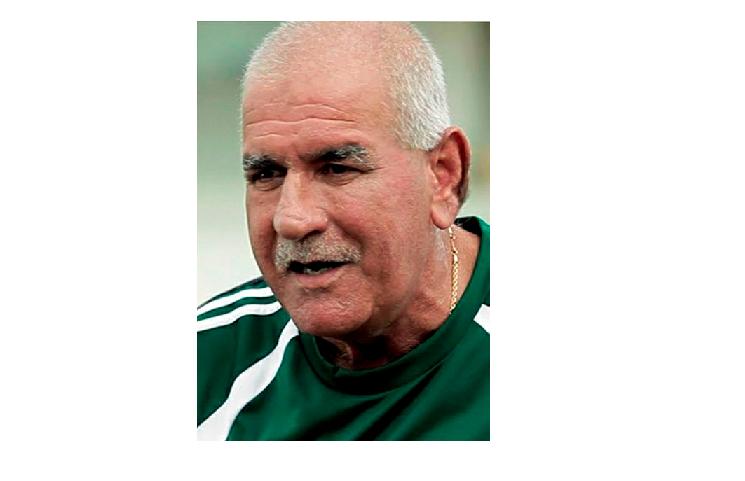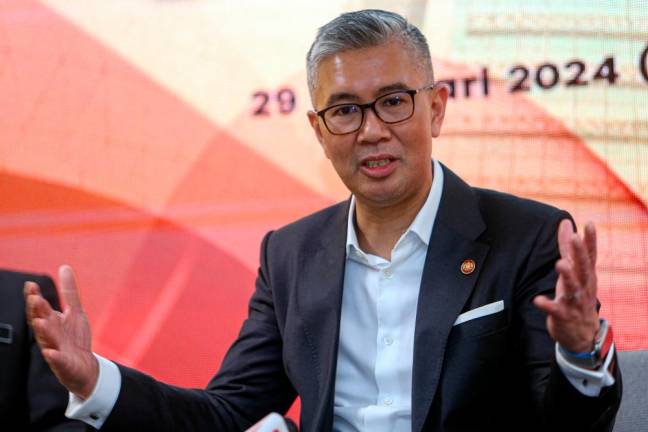PETALING JAYA: The Football Association of Malaysia (FAM) should consider requiring all clubs in the country to have a certain number of registered homegrown state players in their squad.
National football legend Datuk Santokh Singh (pix) said this was important to improve the country’s football, as it encourages players to play for pride rather than just the money and popularity.
He noted that presently, clubs were not required to have a specific number of players who were born in the states that they (clubs) were registered in, and that they could sign as many players from other states as they liked.
“You need this to ensure they are at least proud of representing the club and the state, and will play for the pride and not just the money.
“They (FAM) must have a limit. There should be at least four or five players representing the club that are from the club’s respective states,” he told theSun in an interview recently.
Santokh also suggested that FAM revive the “back-up” national squad, also known as the “B Team”, that was first initiated in the 1970s as a platform for back-up players before they graduate into the senior setup.
He said this was necessary to ensure the national team has capable players of fill positions in the senior squad should any of the “A Team” players retire or suffer an injury.
“This is different to the current practice of having a national team of different age groups, because there’s a limit (on the players’ age). So if he reaches a certain age, he can’t go further unless he’s promoted to the main team,” he said.
Santokh also criticised local players who were willing to sit on the bench and sacrifice their footballing career, as long as they received a hefty paycheck at the end of the month.
“Take Johor Darul Ta’zim for example. They can afford to buy the 20 best players, but only 11 are playing. The rest are either sitting on the bench or not in the match day squad at all. So how are these remaining nine players going to move further?
“But looking at today, I think most of them are even happy playing second fiddle, earning thousands each month. But if I was a player, I would definitely want to play, regardless of the pay,” he said.
Santokh added that this trend, of having a single dominant football club in the country, could be unhealthy to the game’s development here.














